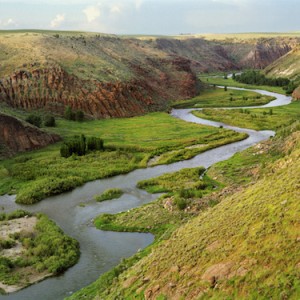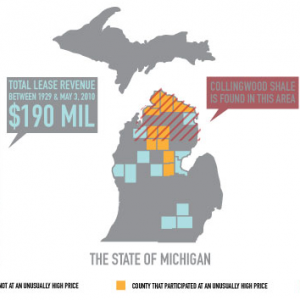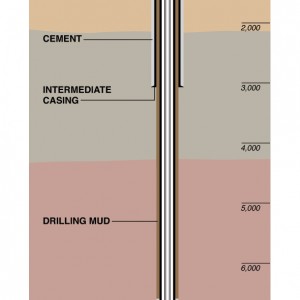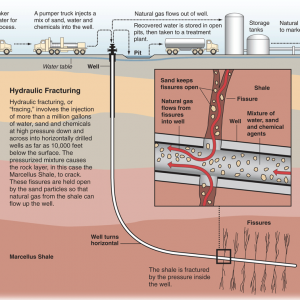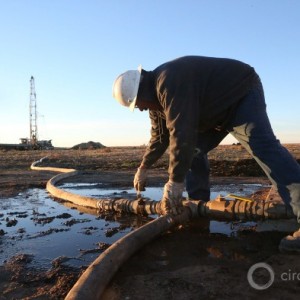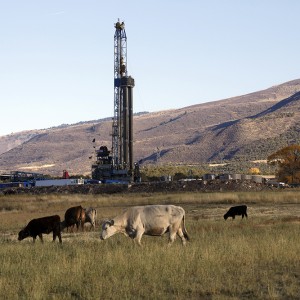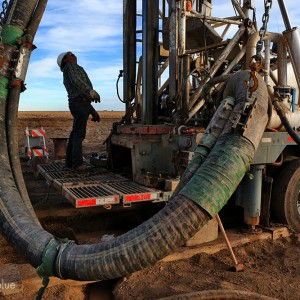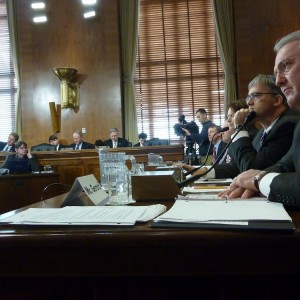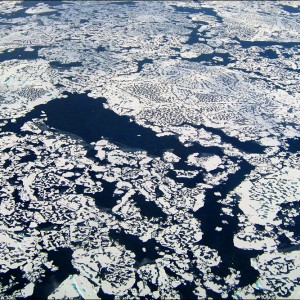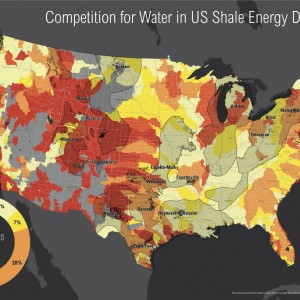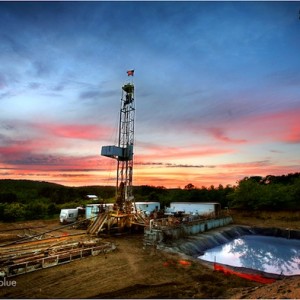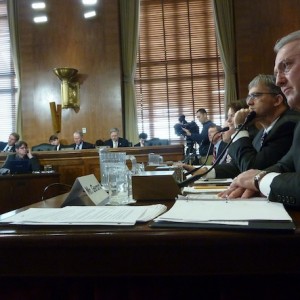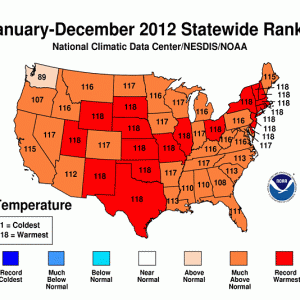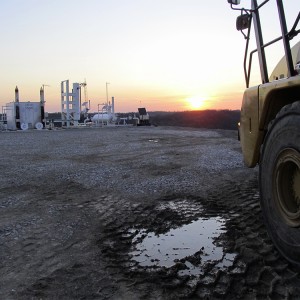Natural gas, say energy industry executives and policy makers in a number of states, could be the fuel of the 21st century. Natural gas, they assert, burns much more cleanly than coal or oil, yielding half the carbon emissions of competing fossil fuels. And new drilling technology enables developers to tap deep gas-bearing shales in the U.S. and globally. A single prodigious gas well prompted a record-setting state lease sale in May that put Michigan at the frontline of deep shale development.
That’s not to say that the new gas play is without risks. One facet in Michigan and other states is pumping millions of gallons of water and thousands of pounds of chemicals into the wells under intense pressure to fracture the rock and release the gas. The rock-punishing practice has produced evidence of serious water contamination in several states, according to ProPublica, a non-profit investigative news organization.
New York has instituted a moratorium on drilling pending research by state authorities on the risk to water resources and public health. The EPA is conducting an assessment of safety. The public concern is emblematic of the choke point that the U.S. is experiencing as rising energy demand comes into conflict with global climate change and declining reserves of clean fresh water. That collision is now blocking the nation’s path to energy security and the low-carbon economy.
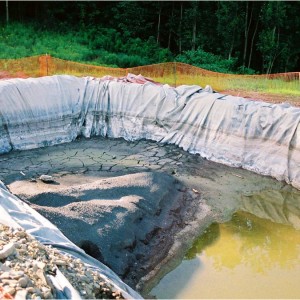 https://www.circleofblue.org/wp-content/uploads/2010/11/hydrolic-fracking-1000-1.jpg
675
1000
Steve Kellman
https://www.circleofblue.org/wp-content/uploads/2018/06/Circle-of-Blue-Water-Speaks-600x139.png
Steve Kellman2010-08-31 10:26:492016-01-05 14:45:11Fracking Regulations Vary Widely from State to State
https://www.circleofblue.org/wp-content/uploads/2010/11/hydrolic-fracking-1000-1.jpg
675
1000
Steve Kellman
https://www.circleofblue.org/wp-content/uploads/2018/06/Circle-of-Blue-Water-Speaks-600x139.png
Steve Kellman2010-08-31 10:26:492016-01-05 14:45:11Fracking Regulations Vary Widely from State to State


